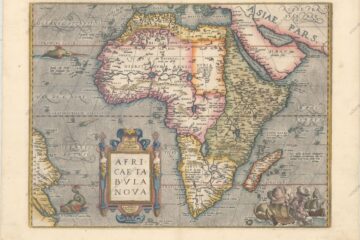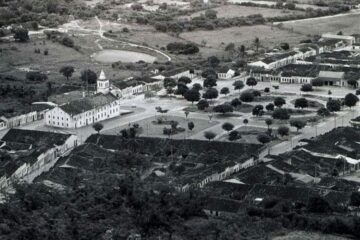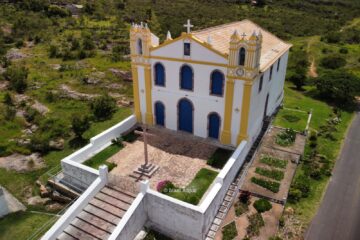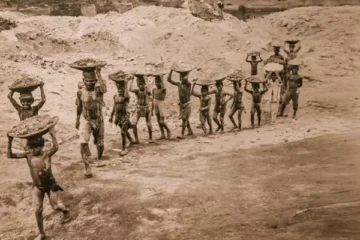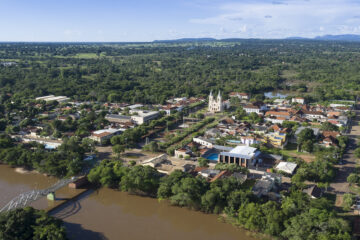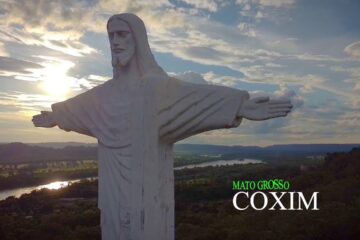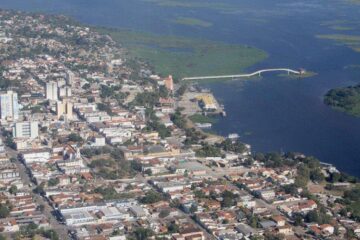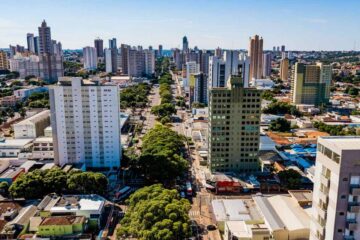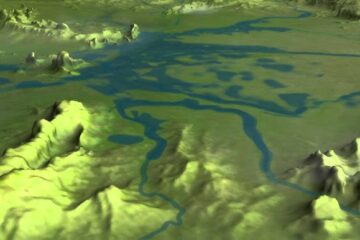Este post também está disponível em:
Português
English

Jorge Amado was born on August 10, 1912, on the Auricídia farm, in the district of Ferradas, municipality of Itabuna, southern Bahia State. Son of cocoa farmer João Amado de Faria and Eulália Leal Amado.
At the age of one, he went to Ilhéus, where he spent his childhood. He did his secondary studies at the Antônio Vieira College and at the Ipiranga Gymnasium in Salvador. During this period, he began to work in newspapers and to participate in literary life, being one of the founders of the Academia dos Rebeldes.
He published his first novel, O país do carnaval, in 1931. He married Matilde Garcia Rosa in 1933, with whom he had a daughter, Lila. That year he published his second novel, Cacau.
He graduated from the National Law School in Rio de Janeiro in 1935. A communist militant, he was forced to go into exile in Argentina and Uruguay between 1941 and 1942, during which time he traveled extensively in Latin America. On his return, in 1944, he separated from Matilde Garcia Rosa.
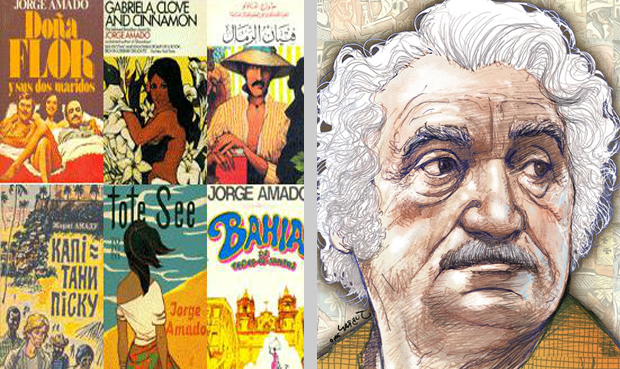
Biografia de Jorge Amado
In 1945, he was elected member of the National Constituent Assembly, in the Brazilian Communist Party (PCB), having been the most voted federal deputy of the State of São Paulo.
Jorge Amado was the author of the law, still in force today, which ensures the right to freedom of religious worship. That same year, he married Zélia Gattai.
In 1947, the year of the birth of João Jorge, the couple’s first child, the PCB was declared illegal and its members persecuted and imprisoned. Jorge Amado had to go into exile with his family in France, where he stayed until 1950, when he was expelled. In 1949, his daughter Lila died in Rio de Janeiro. Between 1950 and 1952, he lived in Prague, where his daughter Paloma was born.
Back in Brazil, Jorge Amado withdrew from political militancy in 1955, without, however, leaving the ranks of the Communist Party. From then on, he devoted himself entirely to literature. On April 6, 1961, he was elected to chair number 23 of the Brazilian Academy of Letters, whose patron was José de Alencar and first occupant Machado de Assis.
Jorge Amado’s literary work has been adapted for film, theater and television, as well as being the subject of samba schools in various parts of Brazil. His books have been translated into 49 languages, and there are also copies in Braille and audiobook format.
Jorge Amado died in Salvador on August 6, 2001. He was cremated according to his wishes, and his ashes were buried in the garden of his residence in Rua Alagoinhas, on the day he would have turned 89.
Jorge Amado’s work was the recipient of several national and international awards, including: Stalin of Peace (Soviet Union, 1951), Latinity (France, 1971), Nonino (Italy, 1982), Dimitrov (Bulgaria, 1989), Pablo Neruda (Russia, 1989), Etruria of Literature (Italy, 1989), Cino Del Duca (France, 1990), Mediterranean (Italy, 1990), Vitaliano Brancatti (Italy, 1995), Luis de Camões (Brazil, Portugal, 1995), Jabuti (Brazil, 1959, 1995) and Ministry of Culture (Brazil, 1997).
He has received titles of Commander and Grand Officer, in the orders of Venezuela, France, Spain, Portugal, Chile and Argentina; in addition to having been made Doctor Honoris Causa in 10 universities, in Brazil, Italy, France, Portugal and Israel. The title of Doctor by the Sorbonne, in France, was the last one he received in person, in 1998, on his last trip to Paris, when he was already ill.
Jorge Amado was proud of his title of Obá, a civil post he held at Ilê Axé Opô Afonjá, in Bahia.
Biography of Jorge Amado
